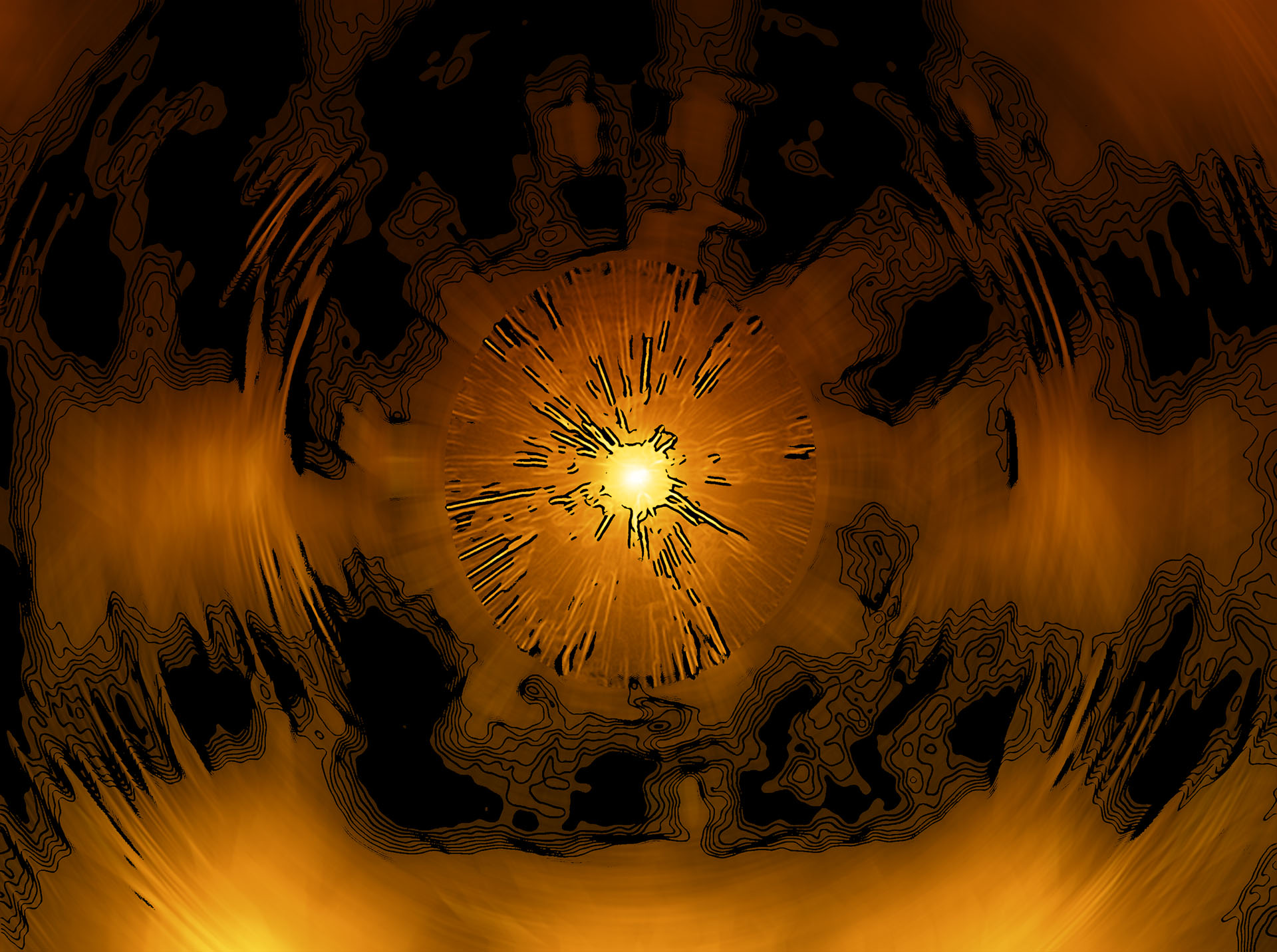The act of meditation, largely obscured in mysticism, is easy to describe but far from accessible. The trend is toward a constant attention, being in the moment. Simplified to this degree, if you follow a popular sentiment, the act itself becomes self-perpetuating enlightenment. If so, are we content to remain within the form itself?
“Yes, I am present. And what strikes me at this moment is that I can go no further – like a man sentenced to life imprisonment, to whom everything is present. But also like a man who know that tomorrow will be the same, and every other day. For when a man becomes conscious of what he is now, it means he expects nothing further.” — Albert Camus – The Wind at Djemila
Camus was right. Being in the moment, if we follow the literal meaning, is a prison. Further, in this busy world, it’s an arduous task to remain concentrated in a momentary awareness, and what exactly is the goal? These teachings are fairly abstract, a single aspect of something much larger. If you follow them directly you will go wrong. When we say, “cut off all thinking,” it seems to imply that thought should be impeded directly. However, if your mind penetrates deeply into meditation, it’s filled with brightness. In this ecstatic state of the mind encountering the Source, there’s no room for thought. You could call this “cutting off all thinking,” but it’s pointing at something much more profound. In the same way, to be in the moment, if you contact the brightness, the magnificence of the One Mind, it becomes evident, imbues your life with a deep awareness and peace—but you’re faced with a subtle dilemma: the duality of the self and the Source. This is very difficult to resolve. I’ve grappled with this for more than a decade. Recently I realized if you take away time and space*, the Source, the Uncreate blasting into existence, and the thing that is in front of you are the same thing. This is the way to surmount duality. This is the height of our understanding. No one has been able to penetrate further. This is where the teaching ends. You could call this “being in the moment,” but it’s pointing to something much greater than being aware that you’re eating your breakfast cereal.
* For those new to Zen, going beyond time and space is a euphemism for the present moment, often demonstrated by a deep belly shout or striking the floor.


How does one “take away space and time”? Could you elaborate on that a bit more since this “taking away of space and time” is of such a crucial importance being as you say “the way to surmount duality”? Thank you.
If it were easy to grasp, all of this wouldn’t be necessary. All of these teaching devices are deceptive, but you will hear the same line of reasoning over and over again. Is it a fault of the language? We can’t know until we experience it ourselves (then the words are useless). Physicists use the same mechanism in various theories. We’re striking down the same line, maybe that’s why it’s confusing. Beyond time refers to the present moment, the tip of the sword. Beyond space doesn’t imply that we can leap across the farther reaches of the cosmos, rather it’s the space between self and other, dualism, that’s breached.